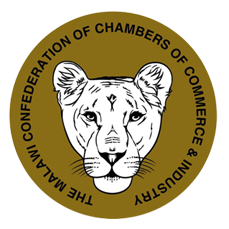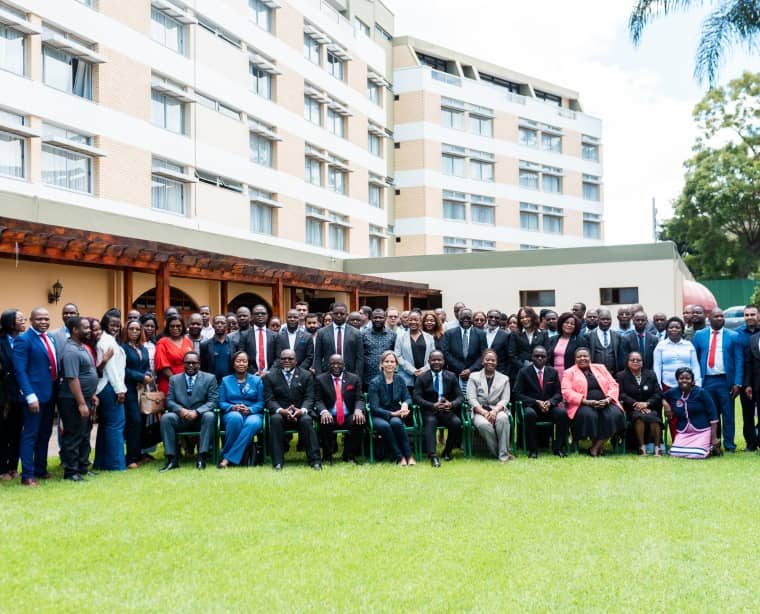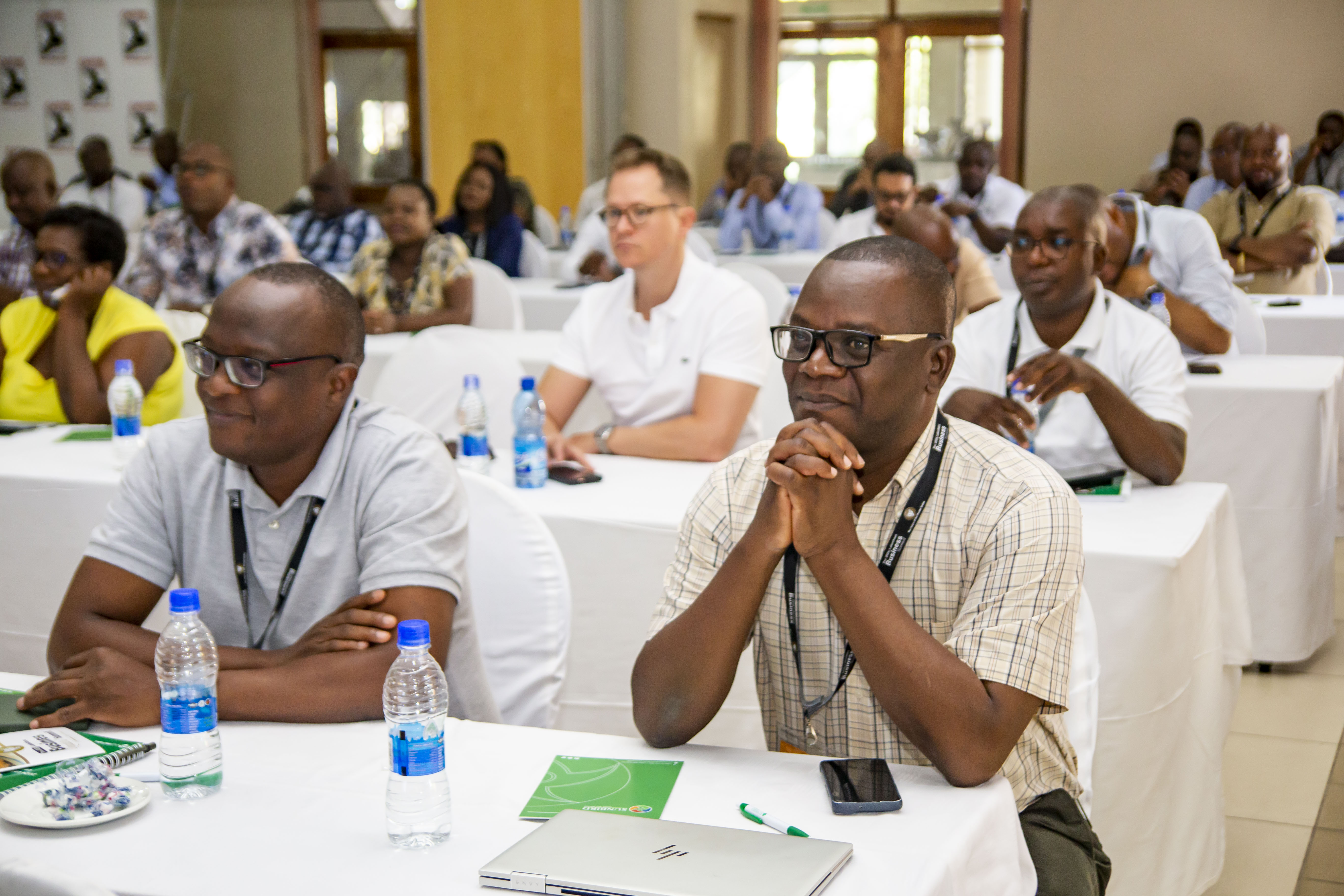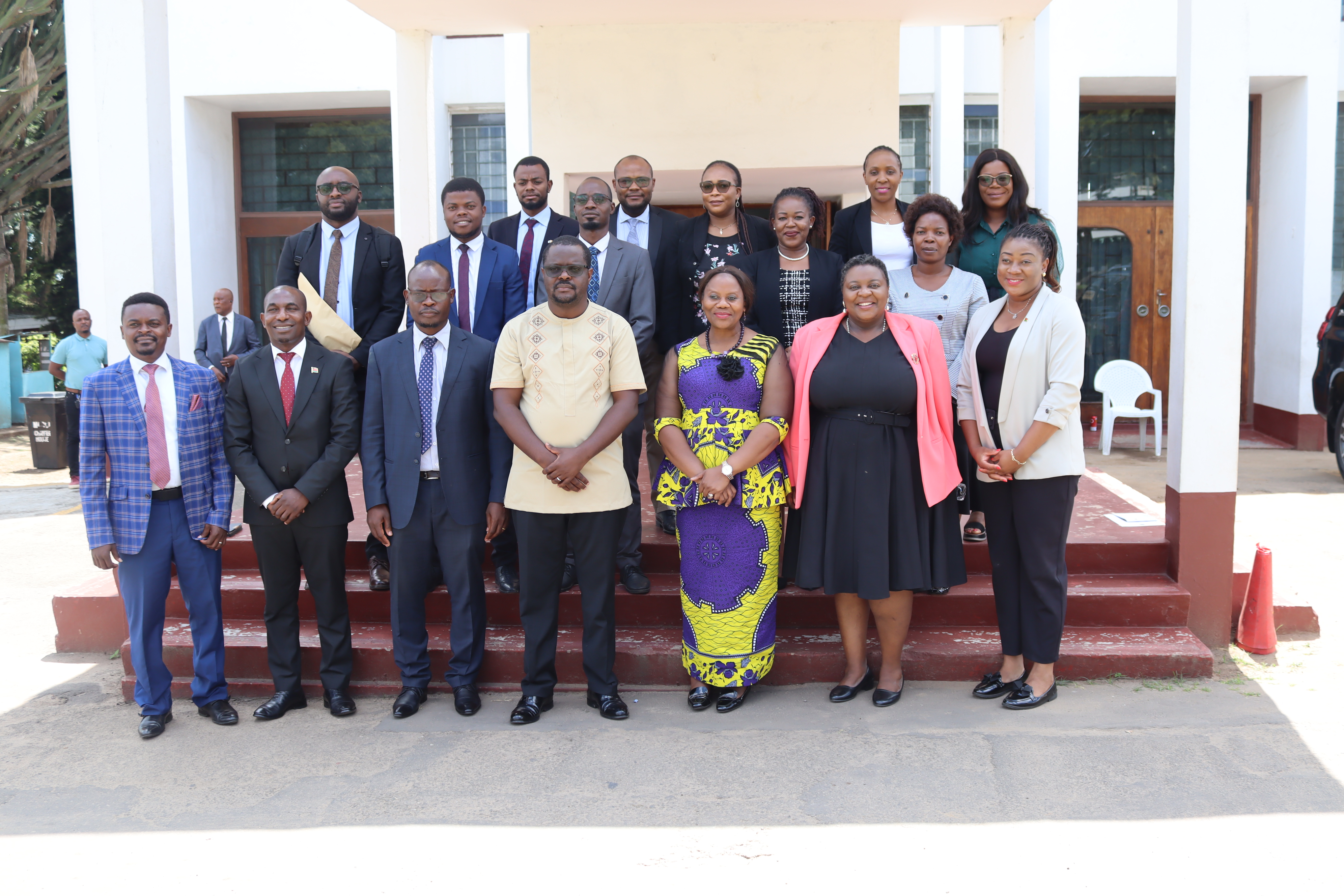Malawi Confederation of Chambers of Commerce and Industry (MCCCI) in collaboration with the Ministry of Trade and Industry, the United Nations Development Programme (UNDP) last Thursday successfully convened the Manufacturing Conference 2025 at the Sunbird Mount Soche Hotel in Blantyre.
The conference, themed “Revitalizing Malawi’s Industrial Landscape through Public and Private Sector Collaboration,” brought together over 150 stakeholders from government, private sector, financial institutions, and development partners to address critical challenges and opportunities in Malawi’s manufacturing sector.
It aimed to foster dialogue on key issues such as access to finance, foreign exchange shortages, and the need to develop innovative solutions to drive industrial growth. Discussions also focused on aligning Malawi’s industrial policies with the Malawi 2063 development blueprint and the Sustainable Development Goals (SDGs), particularly in the areas of sustainable industrialization, job creation, and economic resilience.
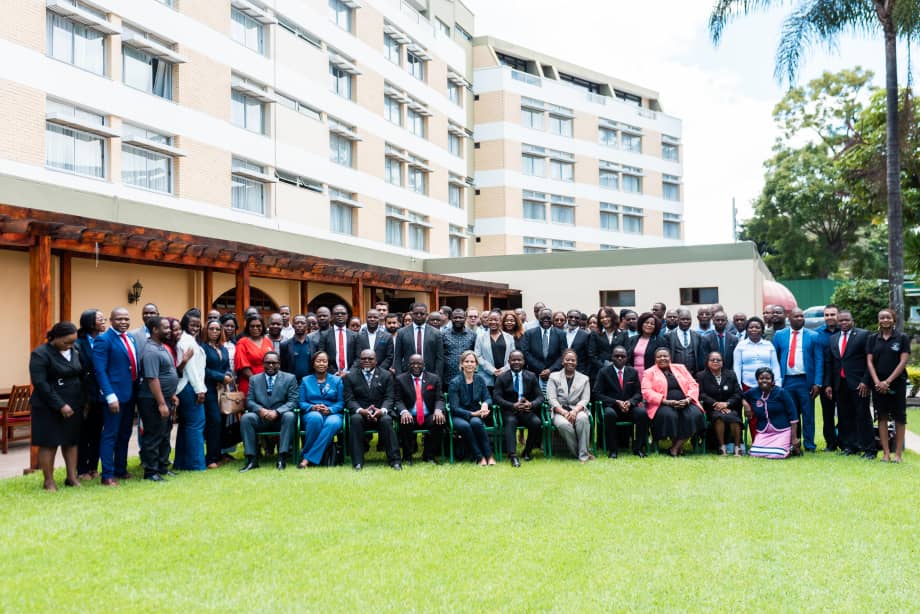
Stakeholders engaged in discussions on strategic pathways for industrialization, emphasizing the adoption of innovative financial models, green industrialization, and the integration of technology to enhance Malawi’s industrial competitiveness.
Key reflections included pursuing an industrial cluster approach, addressing policy inconsistencies impacting the manufacturing sector, revisiting taxation policies, and revitalizing the sector’s competitiveness. The conference underscored the need to support Micro, Small, and Medium Enterprises (MSMEs) run by youth and women, ensuring inclusive growth and job creation.
Speaking during the event, Minister of Trade and Industry Sosten Gwengwe emphasized the need to harness the full potential of Malawi’s industrial clusters, mapping out specific sectoral strengths and capacitating them to compete regionally and globally.
“Industrialization must no longer be a scattered effort—it must be deliberate, structured, and aligned with a national vision. This year’s theme is not merely a slogan but a clear articulation of our collective mission to transform Malawi into an industrial powerhouse,” he stated.
On his part MCCCI Councilor, Bryson Mkhomaanthu, addressed the pressing challenge of foreign exchange scarcity, which has severely hampered the sector’s ability to import essential raw materials, leading to production delays, increased costs, and reduced output.
“This shortage has resulted in production delays, increased costs, and reduced output, making it difficult for our manufacturers to meet both domestic and international demand.
“However, by addressing these obstacles with strategic foresight and seizing the abundant opportunities before us, we can transform our manufacturing landscape and drive the nation’s economic transformation,” he said.
Weighing in UNDP Resident Representative, Fenella Frost, highlighted the troubling state of Malawi’s manufacturing sector, noting its contribution of less than 14 percent to Gross Domestic Product (GDP), a decline from its peak of around 20 percent in the 1990s.
She stated, “Industrialization is a key driver of economic growth, job creation, and sustainable development. My appeal is to ask how we can make the outcomes of this dialogue count.”
The conference emphasized the importance of partnerships between the government and private sector to address challenges such as limited access to finance, competition from regional markets, and the need for value addition in key sectors like agro-processing. More importantly, the conference emphasized the importance of collaboration amongst private sector players.
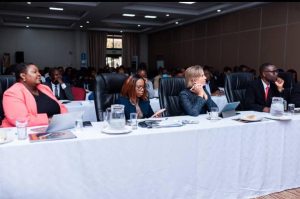
It concluded with a set of actionable takeaways, including the government actively exploring incentives for producers of export goods under the leadership of RBM, a suggested review of excise tax, VAT, and stamp tax to enhance the competitiveness of Malawian manufactured products, addressing discrepancies between locally manufactured goods and import waivers to promote fair competition, strengthening the government’s commitment and support for the development of domestic manufacturing, mapping out industrial clusters to foster partnership opportunities between suppliers and producers, continuing collaboration and engagement through MCCCI and the Manufacturers Association to create growth opportunities within the industry, and promoting a unified voice through MCCCI and the Manufacturers Association of Malawi to encourage collaboration rather than isolation.
The Manufacturing Conference 2025 has set a promising course for the future of Malawi’s manufacturing sector, underpinned by the spirit of collaboration and shared commitment to industrial growth and economic resilience. With MCCCI playing a central role, the future of Malawi’s industrial landscape looks brighter than ever.
